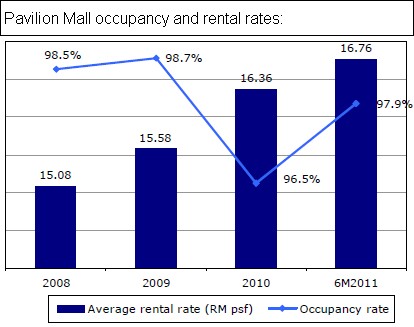Do you noticed that many people are getting married lately? How many wedding invitations have you received this year? Or, are you planning to form your own family now? Yes. I had 4 wedding dinners to attend to next month. Good month indeed?
During good times, many couples decided to tied their knot as they feel that their situation became better, especially financially. Not only Government may consider to hold general election, love birds are joining the bandwagon due to the feel good factor. When consumer confidence is rising, people tends to spend and hold events or celebrations. All of this involves money. Marriage, depending on how grand you want it to be, can be very costly. What an interesting topic to discuss here!!!
First, I must congratulates those love birds. But, we must be realistic that there is some issues that must be dealt with differently before and after marriage. What are they?
What kind of Lifestyle?
Too simplified ones lifestyle, it viewed as toning down our social status. In contrast, we should not spend lavishly just to show off our social status. The question here is, how simplified or comfortable your lifestyle should be after getting married? Discuss with you partner now.I think that we should practiced the so called "gratitude", by spending and living in a more discipline way, instead of by emotion. If you and your partner differs in the way of living, troubles may set in. By being thankful for what we already have, we would not need to satisfy our material wants or even develop any. This help us save money in the process. Then, we can utilized the money saved for other better purposes, such as investments.
Time allocation?
Now, you're not alone anymore. You have another person waiting for you to come back home everyday. Many people think that by buying expensive gifts, they can fulfill their love towards their partner. But, does it what they really want? Why do your partner marry you at the first place? Gifts or Loves?
If gifts, that's not true love. What if another guy giving her a better and more expensive gifts one day? On the other hand, if the answer is love (I hope this is the answer most of the time), how are you going to enhance the longevity of love? Utilize your energy towards quality time and enhancing relationships with loved ones. Not every kind of enjoyment requires money to be spent. All we need is a change of attitude towards wastage and ensuring money grows out of money. I think this would be a better and long-lasting relationship. Since young, our teachers taught us that time is priceless. Still remember?
Women are more brave after marriage?
Emm... Maybe because married women have another person to rely on, they tend to be "more brave" financially. Example, they may not care much about their job because there is always another job waiting - housewife. If there is anything financial crisis, they can tap into the other's income. And most of the time, men are reluctant to discuss their financial standings with his loved one. But, what if he lose his job? It is important to be honest to each other about one another financial situation to avoid any unfortunate surprises relating to money.
Does child a happy gift or burden?
A child is a wonderful addition to the family. Planned or unexpected, a pregnancy requires additional budget which a married couple must be prepared for. Did you figure out how much is the additional costs involved? Regular medical checkups, surgical fees, baby items and baby sitter need to be prepared. Even if you don't eat, your child still need to. Then, how about baby's education, insurance, savings account and other needs? If you already planned for it, a child is actually a happy addition to a family.
Marriage debt?
Many people resorted to seek help from financial institutions. Personal loan is one of the most common way to finance a marriage event. Because of "face", many new couple borrow from banks and pay installments after that. Meaning, they are in debt (or more debts) because of marriage. Does it worth it? I don't know because love can be blind sometime. Agreed?
Anyway, I do not encourage anyone to take out a loan for this supposedly happy marriage. Delay or postpone the once in a lifetime event until you and your partner is ready (unless unexpected pregnancy occurs). At the end of the day, realistically speaking, there is an old saying that goes: "You can't live on love alone, you need money to survive". With this, I end writing here and Finance Malaysia wishes all of you have a wonderful and blissful marriage.
Do you think that this article is useful and interesting? Please share this out. Thank you.





















